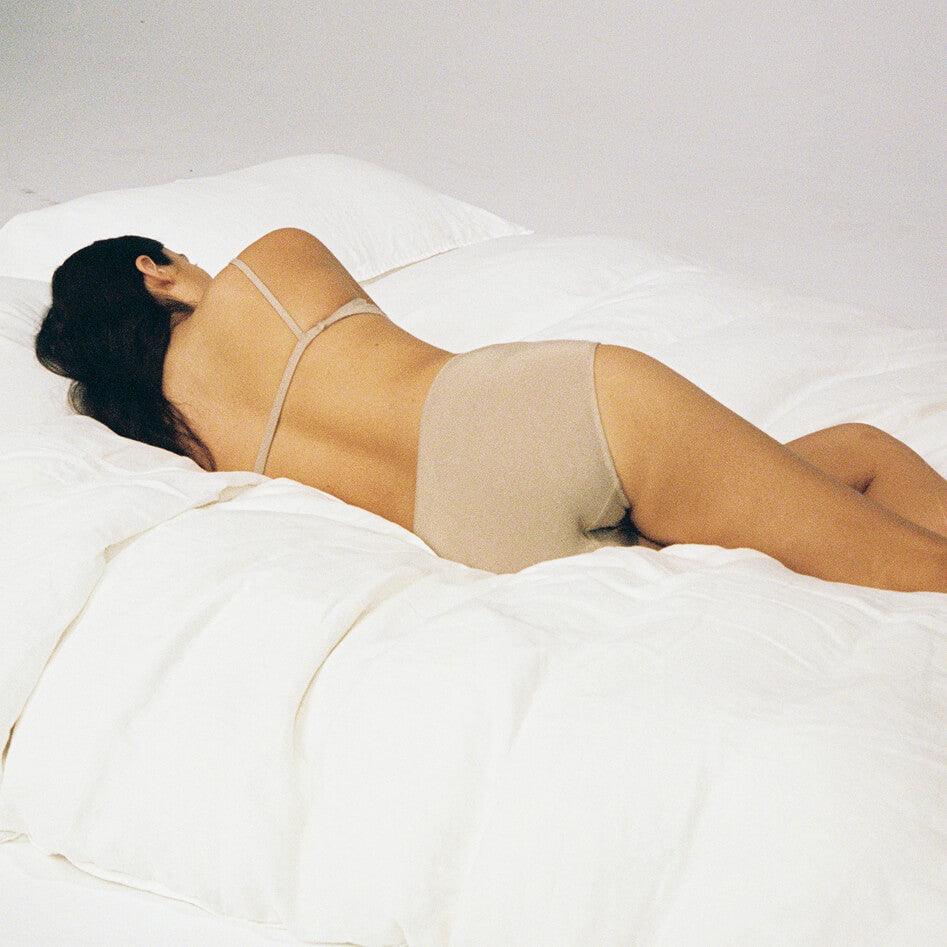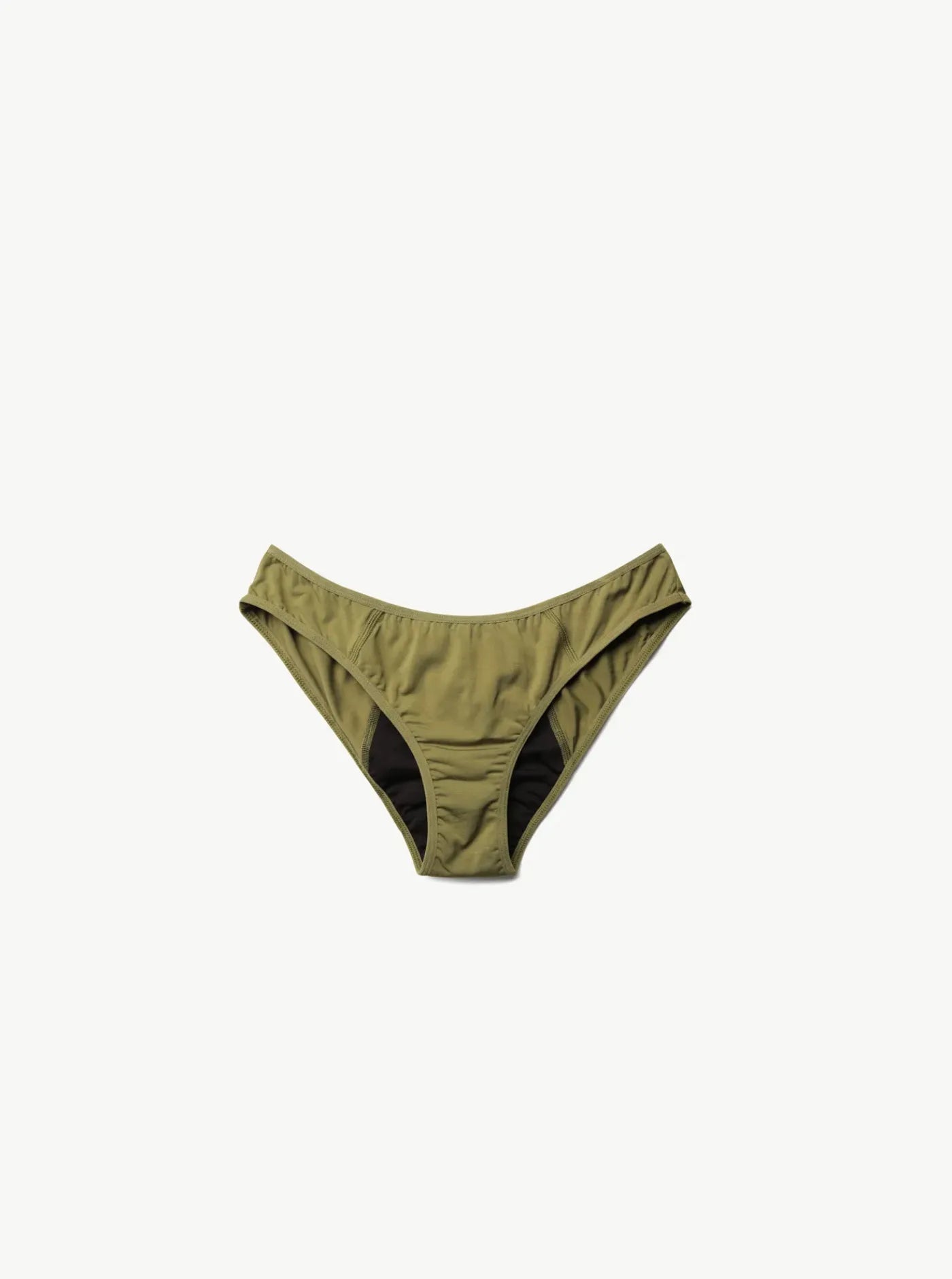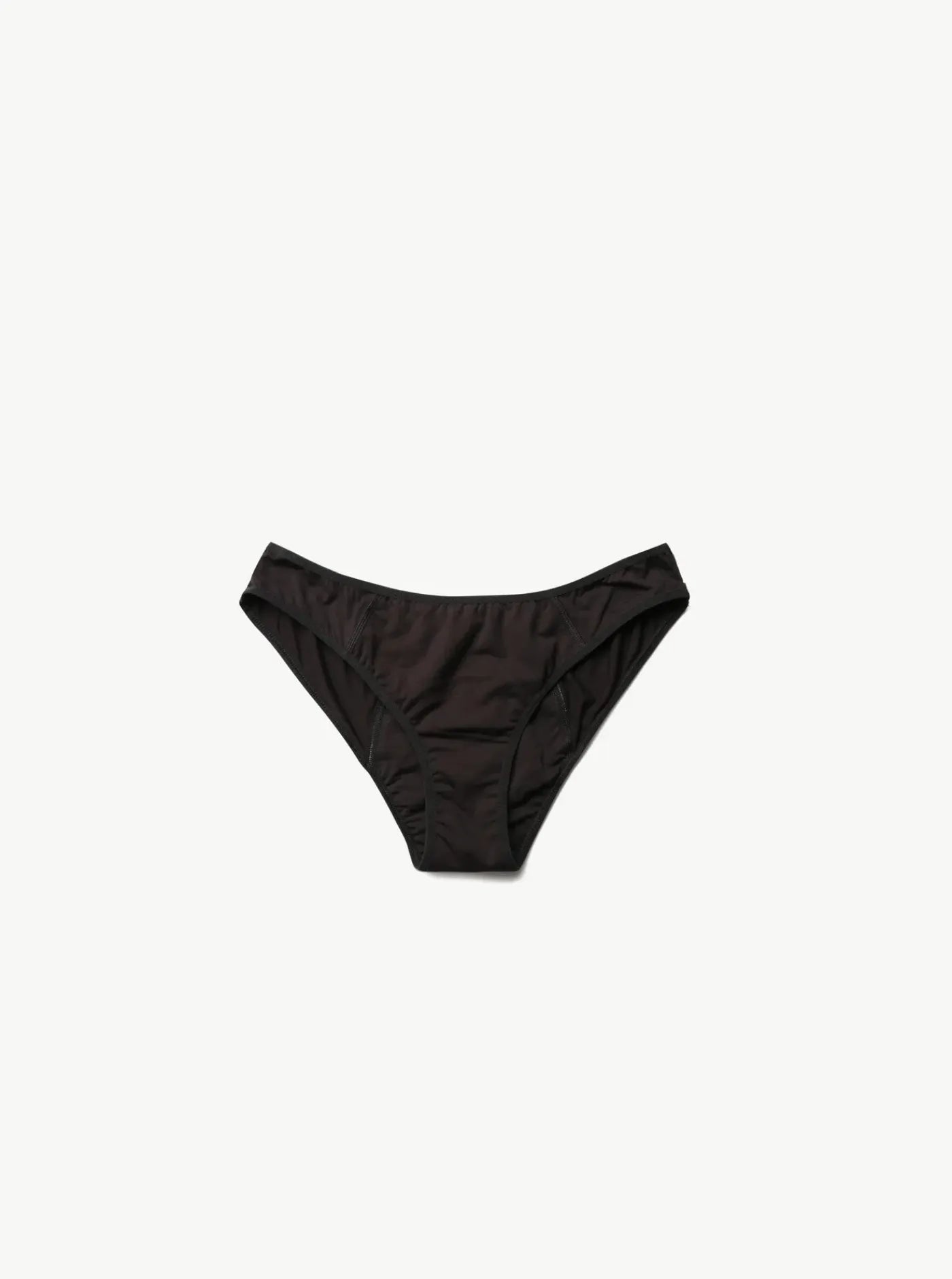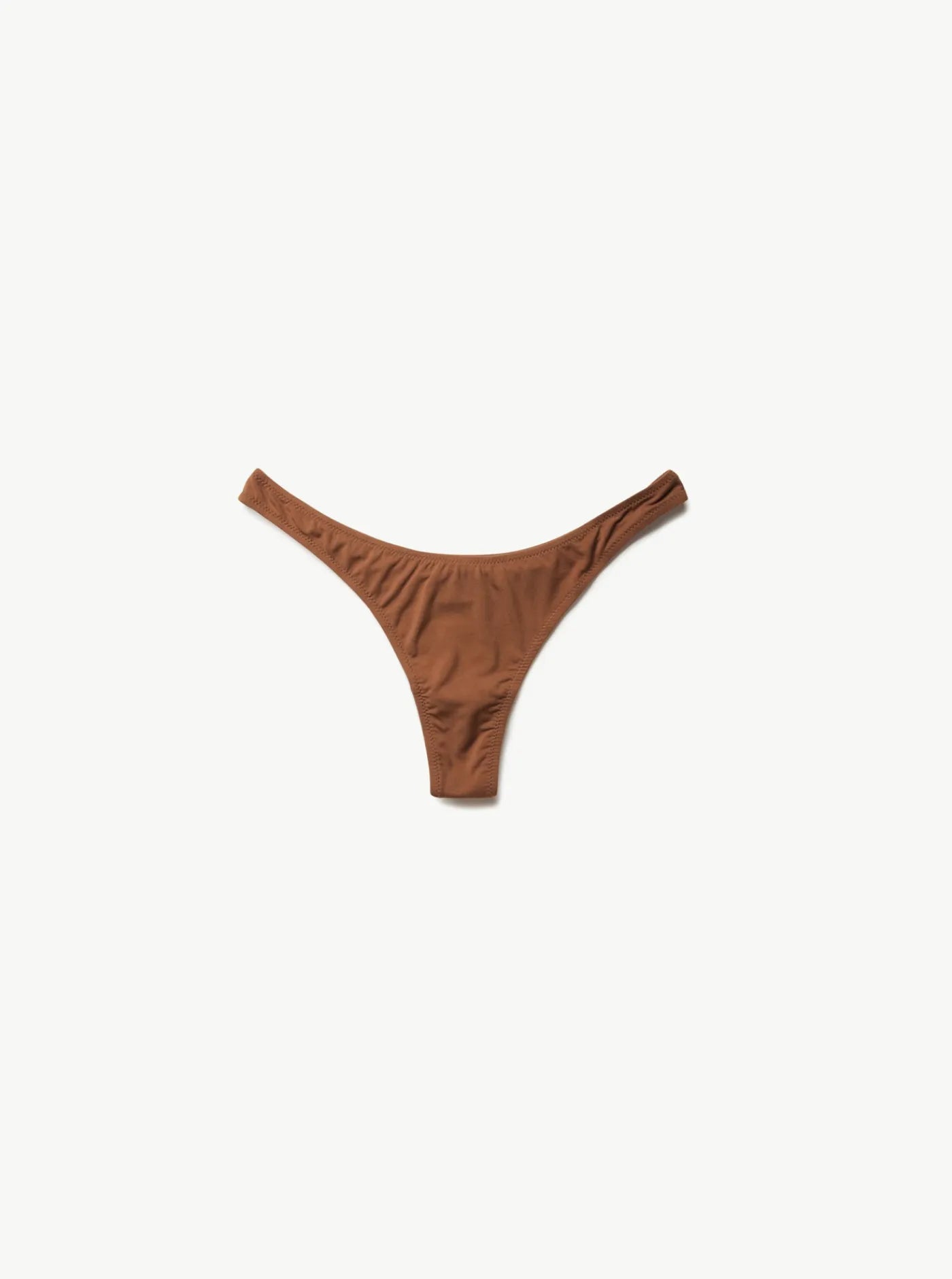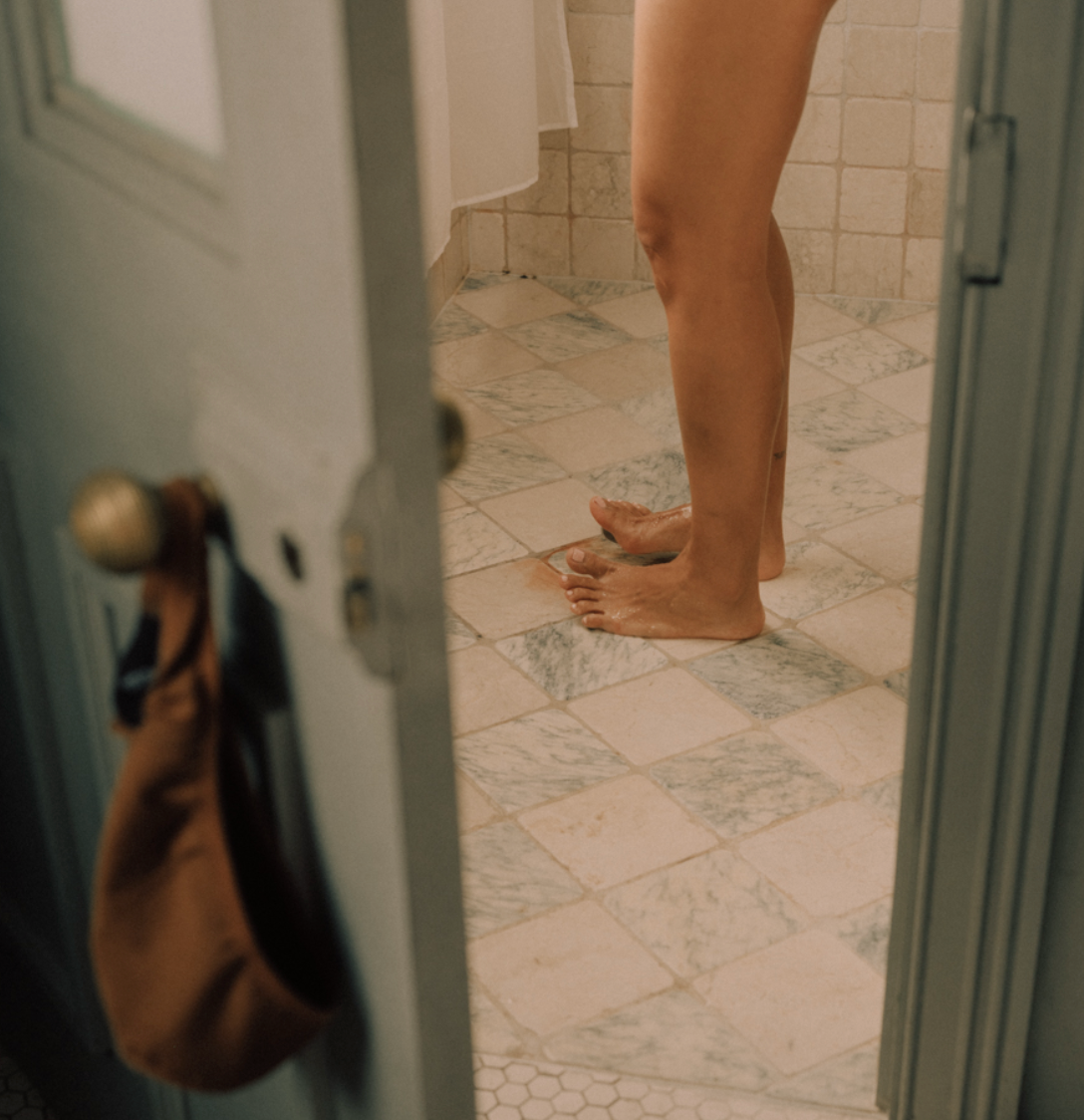“When girls bleeding are supported with dignity and access, the ripple effect reaches far beyond the individual. It uplifts families, strengthens communities, and creates lasting change.”
Menstruation is a natural and essential part of life. Yet for millions of people around the world, managing their period with dignity is not possible. Period poverty refers to the lack of access to safe, affordable, and hygienic menstrual products, as well as the education and support needed to manage menstruation.
The Reality of Period Poverty
Period poverty impacts people across every continent. In some countries, this looks like a lack of access to pads, tampons, or menstrual cups. In others, it is the stigma and silence surrounding menstruation that prevents individuals from attending school or participating fully in daily life.
-
The World Bank estimates that at least 500 million people globally lack access to adequate menstrual products and facilities.
-
In high-income countries like Australia, the US, and the UK, research shows that many people still struggle to afford period care products, often having to choose between buying food or buying pads.
-
Period poverty disproportionately impacts young people, keeping them out of classrooms and widening gender inequalities.
Beyond Products: Education and Stigma
While access to products is critical, ending period poverty also requires shifting cultural narratives. In many communities, menstruation is still considered shameful. This silence leaves people without accurate information about their bodies and creates feelings of isolation. Education and open conversation are key steps toward breaking down this stigma.
The Ripple Effect
When individuals have access to safe and sustainable period products, the benefits ripple outward. They can attend school, participate in work, and engage in community life without interruption. This leads to increased opportunities, improved mental health, and greater gender equality.
What We Can Do
Ending period poverty requires collective effort. Brands, governments, and communities can come together to:
-
Support initiatives that provide free or affordable menstrual products to those in need.
-
Educate young people about menstruation in inclusive, stigma-free ways.
-
Choose sustainable and ethical options when purchasing period care, supporting both people and the planet.
-
Speak openly about menstruation to normalise it as the natural cycle it is.
At HARA, we believe everyone deserves dignity and freedom when it comes to their body. This is why we donate 5% of sales from our period underwear to One Girl, helping girls around the world access the education and resources they need to thrive.



